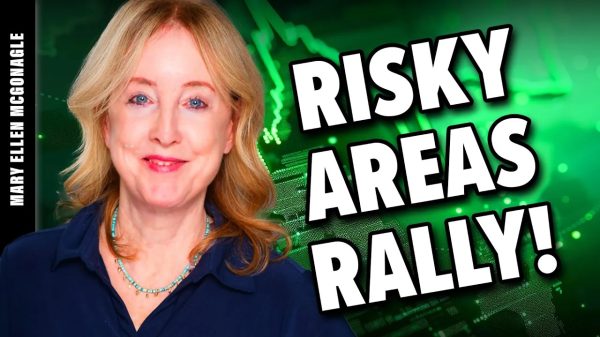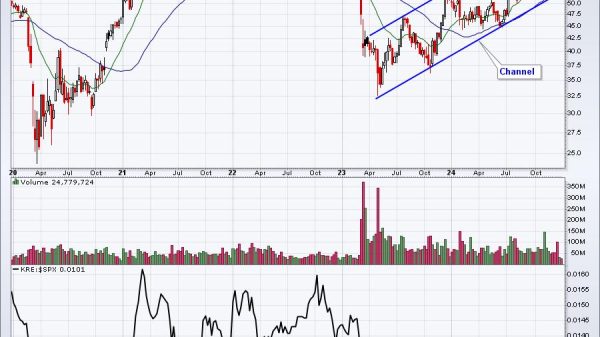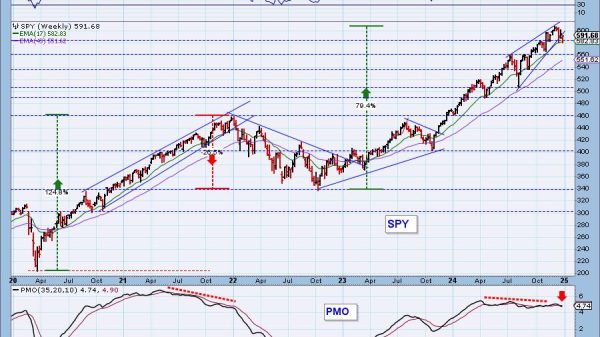David Inserra
Large portions of the EU’s sweeping “Digital Services Act” (DSA) went into force at the end of August. In addition to several controversial provisions for freedom of expression, the DSA requires member states to establish dispute resolution tribunals that will adjudicate social media content moderation decisions. Of course, having member states establish these tribunals makes it likely that they will reflect the interests of EU governments.
This is in contrast to Meta’s attempt at content moderation oversight by its Oversight Board, which is private and mostly independent.
In 2020, Meta established an independent organization known as the Oversight Board to “help Facebook answer some of the most difficult questions around freedom of expression online: what to take down, what to leave up, and why.” The Oversight Board has the power to review and even overrule content‐moderation decisions made by Meta, as well as issue non‐binding recommendations on Meta’s policies.
The Board is comprised of 22 members from around the world, including a former prime minister, human rights leaders, journalists, judges, and think tank experts, including Cato’s First Amendment scholar John Samples. To date, the Board has decided fifty‐two cases looking at specific content and three broader policy advisory opinions. For full disclosure, I recently worked on Meta’s content policy teams and directly supported Meta’s efforts on the Oversight Board.
But unlike the Oversight Board, which is a private and mostly independent body established by Meta, the new DSA dispute tribunals are required by EU law. This means they are more likely to be influenced or connected to government.
As a result, these tribunals will likely be yet another way in which the EU will attempt to dictate content policy decisions to social media companies. These decisions will vary from tribunal to tribunal and certainly differ from social media companies’ current policies, not to mention the laws or speech protections of countries outside the EU.
Furthermore, this approach has the EU member states dictate the way content moderation appeals and disputes must be handled rather than allowing different platforms to develop their own solutions. For example, Reddit and Wikipedia both have processes that handle content moderation disputes differently than Meta or its Oversight Board. As social media companies continue to change and innovate, this requirement may also inhibit the growth of new solutions.
With an increasing amount of content policy jurisprudence built around the EU, these regulations will inevitably impact the broader content policies governing users in the US and beyond. As my colleague Jennifer Huddleston recently wrote, what happens in Brussels doesn’t stay in Brussels, and so the growth of EU content moderation schemes under the DSA can affect Americans and what some have termed “a free speech recession.”
While the DSA model raises concerns for freedom of expression, even the underlying Oversight Board model is not fully understood yet. Critically, how well has the Oversight Board completed its stated purpose of “protect[ing] free expression by making principled, independent decisions about important pieces of content and by issuing policy advisory opinions on Meta’s content policies?”
Answering this question will require a more comprehensive analysis of the Oversight Board’s processes, cases, rationales, decisions, and overall impacts on freedom of expression online. Some of the major elements of the Oversight Board worth exploring, both on its own merits as well as how the model might work more generally, include:
Processes and organization: How is the Board organized and operated? What is its decision‐making process? What does it see as its mission and values?
Cases, priorities, and rulings: What cases has the Board taken (and not taken)? What is it prioritizing? What themes or precedents is the Board establishing in its decisions?
Scalability and impact on content moderation: How broadly or narrowly has Meta’s content moderation been changed or affirmed because of Board decisions? What content policy changes have been made because of the Board’s rulings?
Impact on expression: Has the Board supported greater expression or more restrictions of speech online?
The promise of the Oversight Board is certainly greater for freedom of expression than EU regulations and tribunals that are likely to push government views and limit future innovations in content moderation, but more research is required to determine just how impactful the Board has been.
























